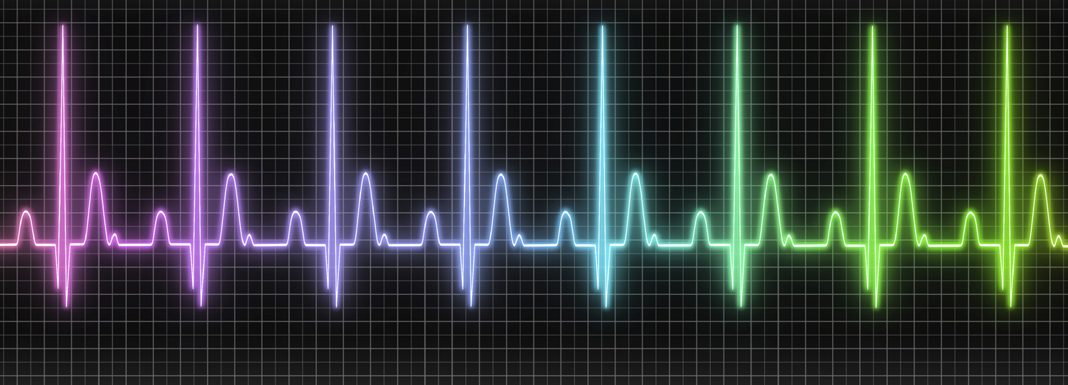A review of six major studies that measured salt intake by the amount of salt in the urine found that a high salt intake is associated with significantly increased risk for suffering heart attacks and strokes (NEJM, November 13, 2021). This review is extremely dependable because it measured salt intake directly by how much salt and potassium was secreted in a person’s urine each day, and did not depend on a patient’s memory. The studies followed more than 10,000 healthy adults for nine years and recorded more than 571 heart attacks and strokes. The people in the studies took in from 2,000 to 6,000 mg of sodium per day. Every 1,000 mg per day increase in salt in the urine was associated with an 18 percent increased risk of heart attacks and strokes.
You Need Potassium
Eating a lot of salt constricts arteries to raise blood pressure, but eating potassium increases salt secretion into your urine and relaxes arteries to lower high blood pressure. To control high blood pressure and help to prevent heart attacks, you should take in lots of the foods that are the natural sources of potassium: virtully all fruits, vegetables, beans, nuts and other seeds. You will get plenty of potassium when you follow the standard recommendation of five servings of vegetables and five servings of fruit per day. I do not recommend taking potassium supplements unless your doctor says that you have a disease or take medications that cause you to lose potassium. Causes of low potassium include chronic kidney disease, diabetic ketoacidosis, diarrhea, excessive alcohol intake, frequent use of laxatives, excessive sweating, or certain vitamin deficiencies. Having low potassium can cause irregular heartbeats, weak muscles, constipation, fatigue and tingling.
Another Way Excess Salt May Damage Your Body
A study from Georgia State University suggests that chronically elevated blood salt levels significantly reduce blood flow to the hypothalamus in the brain to cause a relative lack of oxygen and damage to that part of the brain (Cell Reports, Nov 11, 2021). Taking in a lot of salt over time causes your body to produce large amounts of vasopressin, a hormone that decreases urine volume, which increases blood volume and blood pressure, which constricts arteries leading to the hypothalamus and deprives the brain of oxygen.
Reduce Salt by Limiting Processed Foods
Even if you avoid using a salt shaker, you are likely to take in too much salt just by eating the prepared and packaged foods you buy in the supermarket or in restaurants. Food manufacturers know that adding salt (and sugar) to their products enhances flavor which increases sales. The U.S. Food and Drug Administration (FDA) has released new guidelines for the food industry to reduce the amount of salt in their products (FDA Voluntary Sodium Reduction Goals, October 2021). We will see if these guidelines result in any improvement over time, but meanwhile you can take your own actions to limit your salt intake.
My Recommendations
One of the major causes of the extremely high rate of high blood pressure, heart attacks and strokes in North America is our excessive intake of salt. Just avoiding the salt shaker and not adding salt to your food is probably not enough. Manufacturers and restaurant cooks add salt to almost all packaged and prepared foods to improve taste so you buy more of their products. Reduce your intake of packaged foods, eat more fresh fruits and vegetables, look for low-salt choices in restaurant meals, and read the nutrition labels on the packaged and prepared food that you buy.


